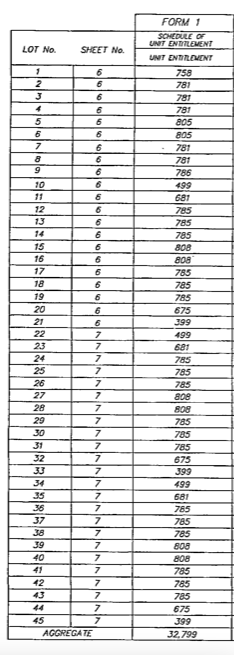Posted on
March 5, 2024
by
Kade Lacasse
At the end of February the Government of BC announced new measures stemming from the 2024 Budget that thankfully included an increase in the Property Transfer Tax (PTT) exemption amounts for first time home buyers and buyers purchasing new builds.
Property Transfer Tax is a tax due when an individual is buying or gaining interest in a residential home in BC.
They love to hit us with confusing tax rates to keep us guessing;
1% on the 1st $200,000
+2% on the balance between $200k and $2,000,000
+3% on the balance between $2,000,000 and $3,000,000
+5% on the balance over $3,000,000
= a big chunk of change that could have been going towards your downpayment or new furniture
There are a few exemptions to do with homes being transfered due to death and divorce but when it comes to purchasing Real Estate the main exemptions are for first time home buyers and newly built homes.
Qualified buyers purchasing their first home would be exempt from the tax but only for homes $500,000 and below (with partial exemptions up to $525,000). Meaning that if you bought a home for $526,000 and qualified as a first time home buyer, you wouldn't save a penny on PTT. In a region (Metro Vancouver) where the median home price for a condo hasn't been below 500k since January 2017; not many new home buyers were able to take advantage of that exemption.
The good news announced in February is that as of April 1st, 2024 the purchase price threshold expands to $835,000 with a partial-partial exemption between $835,000 and $860,000. I say 'partial-partial exemption' because unike the previous exemption threshold which was a full exemption of the PTT due on properties with a fair market value under $500,000 (up to $8,000 in tax savings); this expanded threshold only means more homes will quailify for an exemption BUT it does not increase the amount of PTT they save.
Simply put, if you purchase a home with the fair market value under $835,000 and qualify for the FTHB exemption; the first $500,000 of that purchase price will be exempt from the PTT and you will only owe the balance beyond $500k. So the purchaser's tax savings are still capped at up to $8,000.
If you purchase a home between $835,000 and $860,000 the exemption will decrease from $8k-$0 as the fair market value increases.
Newly Built Homes
More puchasers buying brand new properties will also qualify for a break starting April 1st, 2024!
The newly built exemption is not strictly for first time home buyers either; to qualify the purchaser only needs to be a Permanaent Resident or Canadian Citizen, they need to be the first registration on title, the property needs to be less than .50 hectres and their primary residence.
Currently home buyers purchasing a newly built home with a fair market value below $750,000 may qualify for a full exemption from PTT but would still have to pay a 5% GST charged. That's a total of up to $13,000 in savings but the median price of new builds in our region has not been below $750,000 since April 2017 so not many purchases qualified.
For properties registered after Apil 1st, 2024 this threshold is raised to $1,100,000 (with more partial pro-rated exemptions between $1,100,000 and $1,150,000)I meaning qualfied buyers can save up to $20,000 in Property Transfer Tax!
*There is no exemption for the 5% GST which is charged on new builds.


-e-jvj7h5.jpg?cc=1694651473816)








%20Small.jpeg)